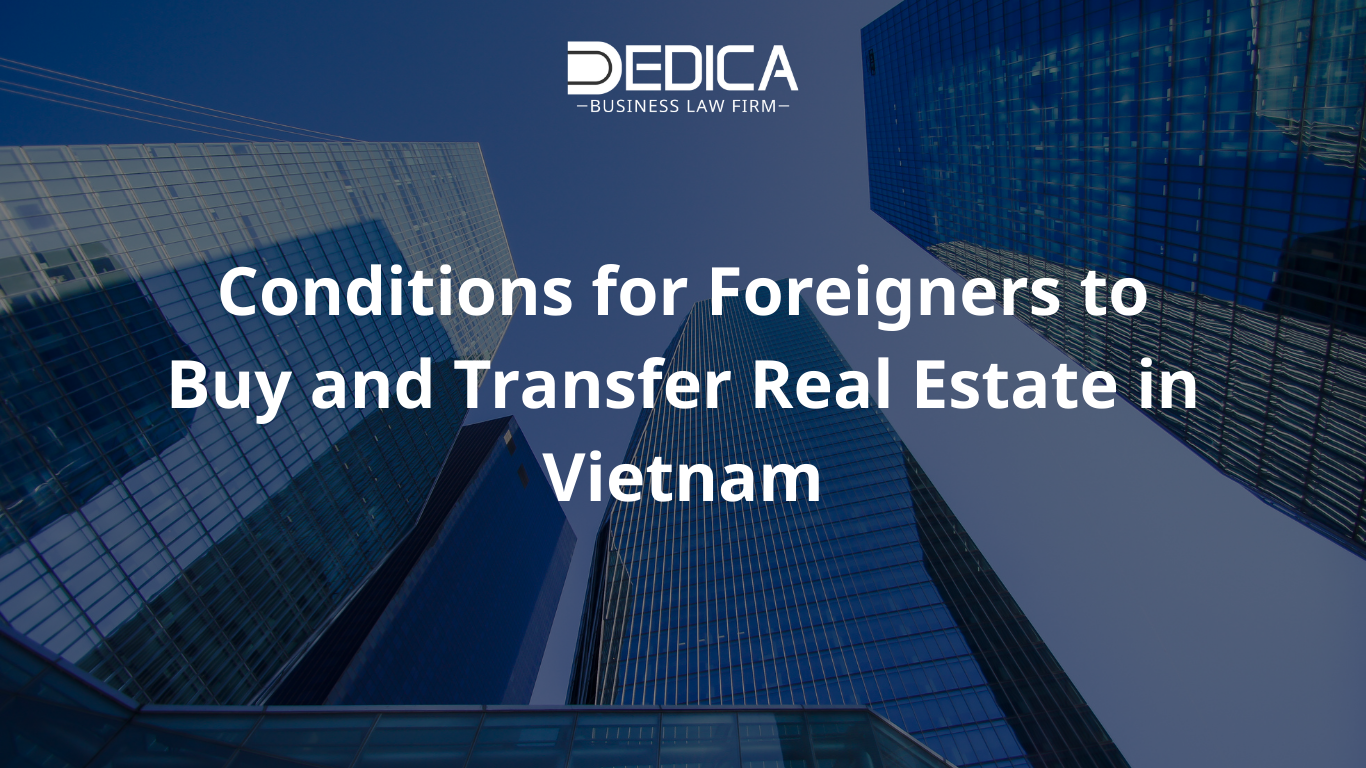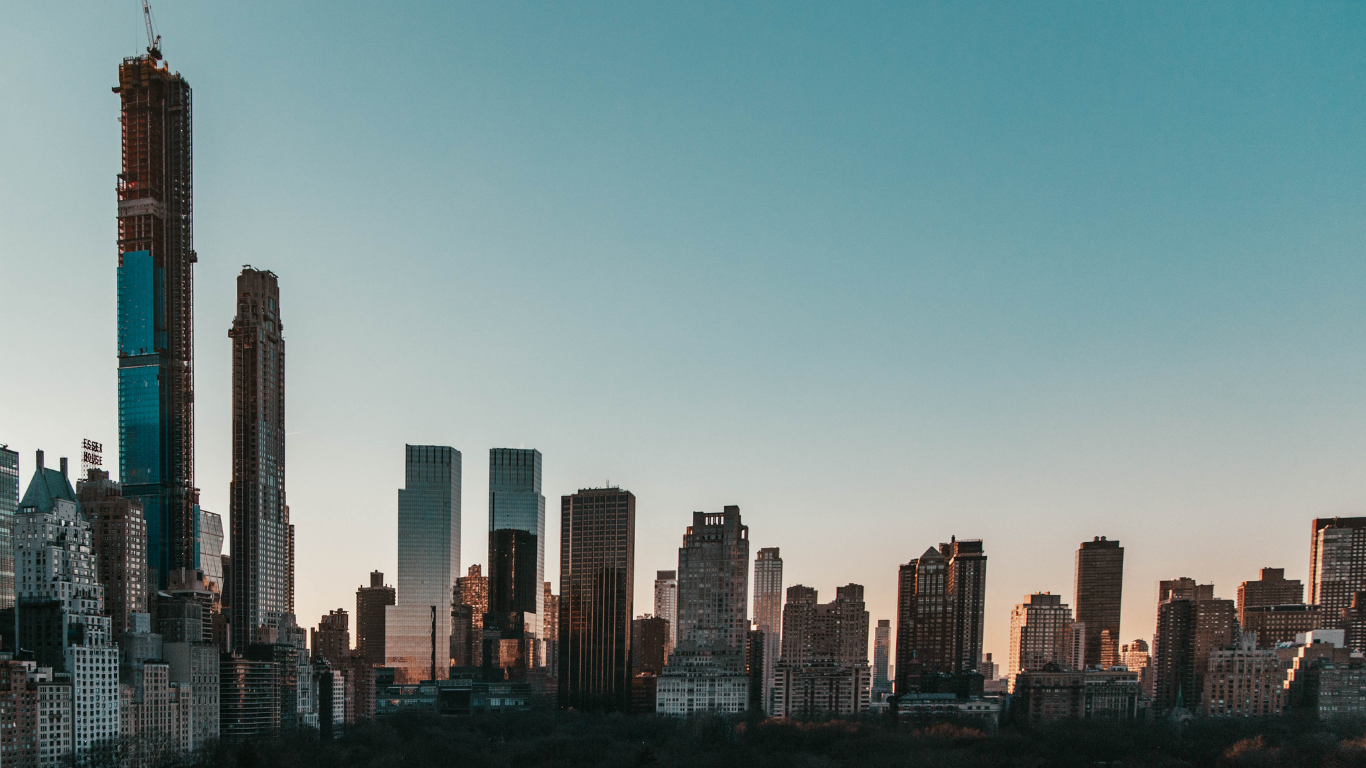No table of contents available
In recent years, Vietnam has clarified and improved its legal framework regarding foreign ownership of real estate, aiming to promote investment while ensuring national security, social stability, and market integrity. Below is a summary of the latest regulations as of 2025, based on the Housing Law 2023, Land Law 2024, and related decrees, presented in a clear, FAQ-style, SEO-friendly format.

According to the Housing Law 2023 (effective from early 2024), foreign organizations and individuals are allowed to own houses in Vietnam if they fall into one of the following categories:
Foreign-invested economic organizations developing housing projects in Vietnam.
Other foreign entities such as branches, representative offices, or foreign investment funds operating in Vietnam.
Foreign individuals legally permitted to enter Vietnam.
The Land Law 2024 affirms that foreigners are not allowed to hold land use rights directly in Vietnam. However, they can own houses (apartments or standalone houses) attached to land and have the right to use the land within a permitted timeframe under housing law. Foreigners can only access land via long-term leases or by contributing capital to economic organizations.
Proof of legal status:
Foreign individuals: must have a valid passport and confirm they are not entitled to diplomatic or consular immunity.
Overseas Vietnamese: must provide proof of "Vietnamese origin" and a valid immigration stamp at the time of transaction signing.
Foreign organizations: must hold a valid investment registration certificate at the time of the property purchase.
Foreign organizations or individuals may own no more than 30% of the total apartments in a residential building.
For standalone houses (villas, terraced houses, land plots): in an area equivalent to one ward, ownership is limited to no more than 250 houses.
Foreign individuals: allowed to own residential property for up to 50 years, starting from the date the ownership certificate is issued. This term may be extended once for another 50 years if conditions are met. The term and extension conditions must be stated in the certificate.
Foreign organizations: the ownership term is tied to the validity of the investment registration certificate, as specified in the property ownership certificate.
Foreigners are not allowed to own real estate in areas deemed sensitive to national defense or security, or in regions where ownership could negatively affect urban planning or security. Detailed restrictions are issued by the Government in accordance with housing and land laws.

Check whether you fall under the eligible groups for home ownership under the Housing Law 2023.
Prepare required documents: valid passport, proof of Vietnamese origin (if applicable), investment certificate (for organizations), etc.
Ensure the property is not located in restricted areas and that ownership does not exceed legal limits (30% of apartments, 250 houses per ward).
The property must be free from disputes, seizure, recovery orders, or special zoning restrictions.
The purchase/lease-purchase agreement must be notarized or certified.
Submit the application to the appropriate authorities: Land Registration Office, Department of Construction, or the One-Stop Service center.
The contract must clearly state the ownership term, extension conditions, and obligations of both parties.
Once the application is complete and valid, authorities will issue a Certificate of Home Ownership (commonly referred to as the Pink Book or Red Book), indicating the ownership term, type of property, and full legal rights within the allowed period.
In summary, foreigners are allowed to own residential property (apartments and standalone houses) in Vietnam, but not the land itself. Key conditions to remember include:
Must belong to the eligible group defined in the Housing Law 2023.
Must comply with ownership caps (30% of an apartment building, no more than 250 standalone houses per ward).
The maximum term of ownership is 50 years, with one possible extension.
Must follow all legal procedures for notarization, certification, and property registration in Vietnam.
📞 Hotline: (+84) 39 969 0012 (Available on WhatsApp, WeChat, and Zalo)
🏢 Head Office: 144 Vo Van Tan Street, Xuan Hoa Ward, Ho Chi Minh City (144 Vo Van Tan Street, Vo Thi Sau Ward, District 3, Ho Chi Minh City)
🕒 Business Hours: Monday – Friday (8:30 AM – 6:00 PM)
Reach out today for a free initial consultation with our team of professional lawyers!